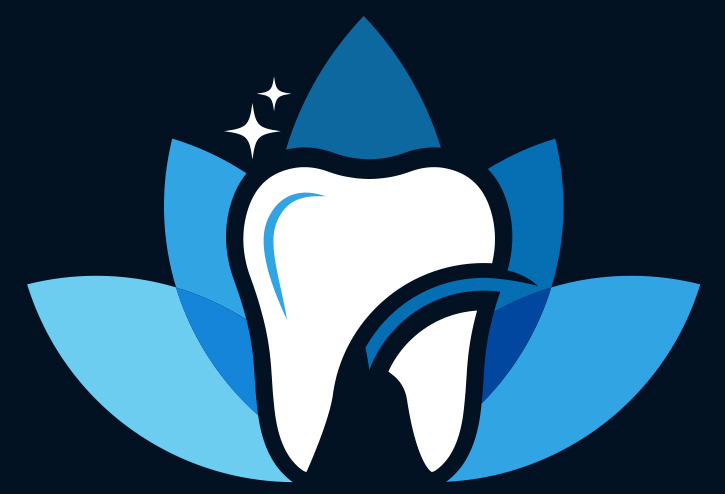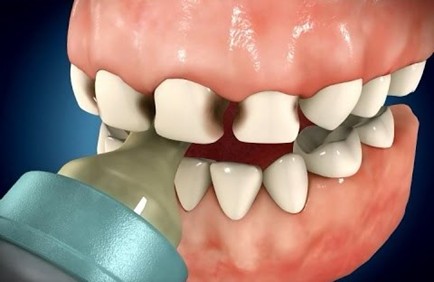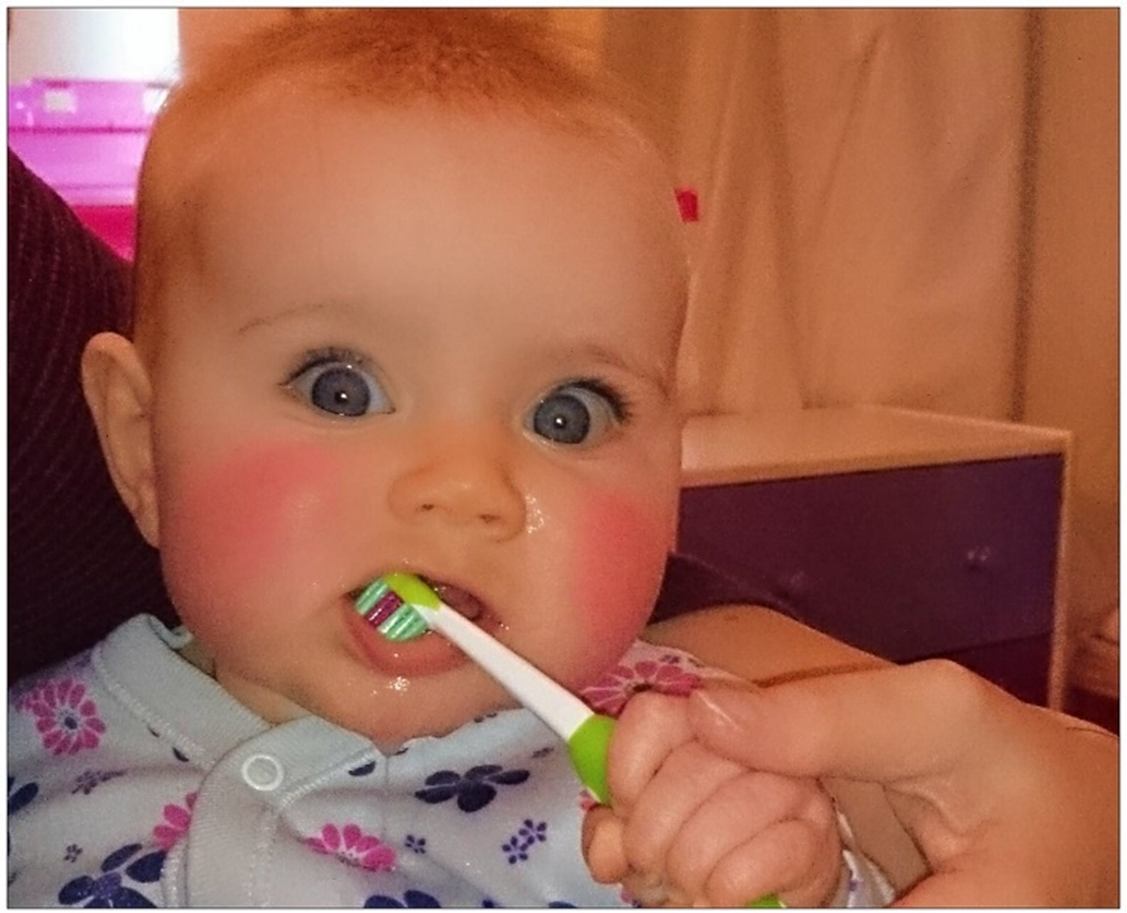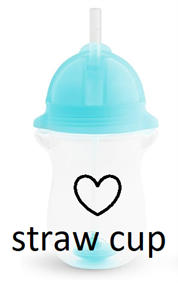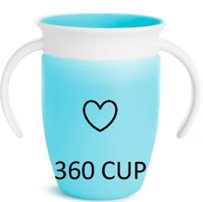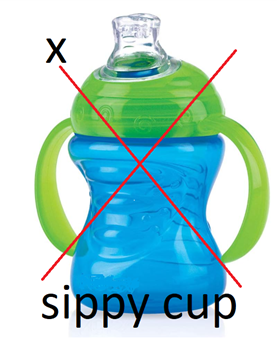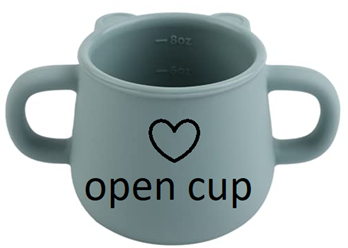Understanding, Preventing, and Treating Early Childhood Tooth Decay

As a parent, you want the best for your child, and that includes ensuring their health and well-being.
One of the most common dental issues that can affect young children is nursing bottle caries, also known as baby bottle tooth decay.
Understanding this condition, its causes, and how to prevent and treat it can help you protect your child's smile for years to come.
What is Nursing Bottle Caries?
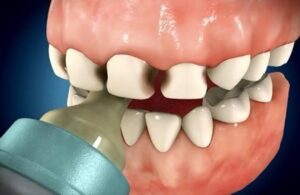
Nursing bottle caries is a form of tooth decay that primarily affects infants and toddlers who frequently have prolonged exposure to sugary liquids, especially in the form of milk, juice, or sweetened beverages. This condition is characterized by cavities and decay that typically affect the upper front teeth but can also impact other teeth. It is often linked to the prolonged use of a bottle, particularly when a child falls asleep while sucking on a bottle containing sugary liquid. Breast feeding babies to sleep is also a known risk factor for nursing bottle caries.
What Causes Nursing Bottle Caries?
The main cause of nursing bottle caries is the frequent and extended exposure of your child's teeth to sugary liquids. Here's how it happens:
- Sugar and Bacteria: Sugary liquids, like milk or juice, provide food for harmful bacteria in the mouth. These bacteria break down sugars and produce acids, which can wear away the enamel (the protective outer layer of teeth).
- Poor Oral Hygiene: If your child’s teeth aren’t cleaned regularly, bacteria and plaque can build up, leading to tooth decay. This is especially concerning when babies and toddlers are frequently put to bed with a bottle, allowing sugars to remain on the teeth for extended periods.
- Frequent Bottle Use: Babies often need comfort and soothing, and using a bottle as a pacifier can become a habit. However, frequent, prolonged use of a bottle, especially with sugary liquids, can significantly increase the risk of nursing bottle caries.
- Breast feeding and co-sleeping: Since babies breastfeed often without disturbing their mothers in co-sleeping, breastfeeding at night starting around 18 months is thought to be a risk factor for nursing bottle caries. As a result, carious sores can form since the mother is unable to clean her mouth after feedings.
How to Prevent Nursing Bottle Caries
Prevention is key when it comes to nursing bottle caries. Here are a few tips to help you protect your child's teeth:
- Avoid Putting Baby to Bed with a Bottle / breast feeding to sleep: Never put your child to bed with a bottle containing milk, juice, or any sugary liquid. If your child needs a bottle to fall asleep, it should contain only water. Avoid letting your child suck on a bottle for long periods while awake as well.
- Start Cleaning Your Baby's Gums Early: Before your child’s first tooth erupts, wipe their gums with a soft, damp cloth after feedings to remove any food residue. Once teeth begin to appear, start brushing them with a soft toothbrush. Assist the kid until the age where they can tie their own shoelaces or start writing.
- Limit Sugary Drinks: Limit your child’s intake of sugary drinks like juice, soda, or sweetened beverages. If your child drinks juice, make sure it's diluted and only give it in a cup, not a bottle.
- Encourage Drinking from a Cup: As your child gets older, encourage them to drink from a cup rather than a bottle. This helps reduce the amount of time sugary liquids are in contact with their teeth.
- Regular Dental Check-ups: Schedule your child’s first dental visit by their first birthday or within six months of their first tooth appearing. Regular check-ups help catch any early signs of decay and allow your dentist to guide you on best oral hygiene practices.
How to Treat Nursing Bottle Caries
If your child already shows signs of nursing bottle caries, it’s essential to seek treatment from a dentist as soon as possible. Treatment for this condition can range from preventive care to more extensive procedures, depending on the severity of the decay:
- Fluoride Treatments: If caught early, fluoride treatments can help remineralize the teeth and strengthen enamel, possibly reversing the early stages of decay.
- Fillings: In more advanced cases, the dentist may recommend fillings to restore teeth affected by cavities. This is typically done if the decay has caused noticeable damage to the enamel.
- Crowns or Extractions: In severe cases of tooth decay, your child may need crowns to restore the structure of the teeth, or in extreme cases, an extraction (pulling teeth out) may be necessary if the tooth cannot be saved.
- Oral Hygiene Instruction: Your dentist will also guide you on how to improve your child's oral hygiene routine and may suggest professional cleanings to remove plaque buildup.
Final Thoughts
Nursing bottle caries is a preventable condition, and with a little effort, you can help protect your child's teeth from early decay. By maintaining a good oral hygiene routine, avoiding sugary liquids in bottles, and scheduling regular dental visits, you can set your child on the path to a lifetime of healthy smiles. If you’re concerned about nursing bottle caries or need assistance with your child’s oral care, don’t hesitate to contact our dental clinic. We’re here to help you keep your child’s teeth healthy from the very start!
